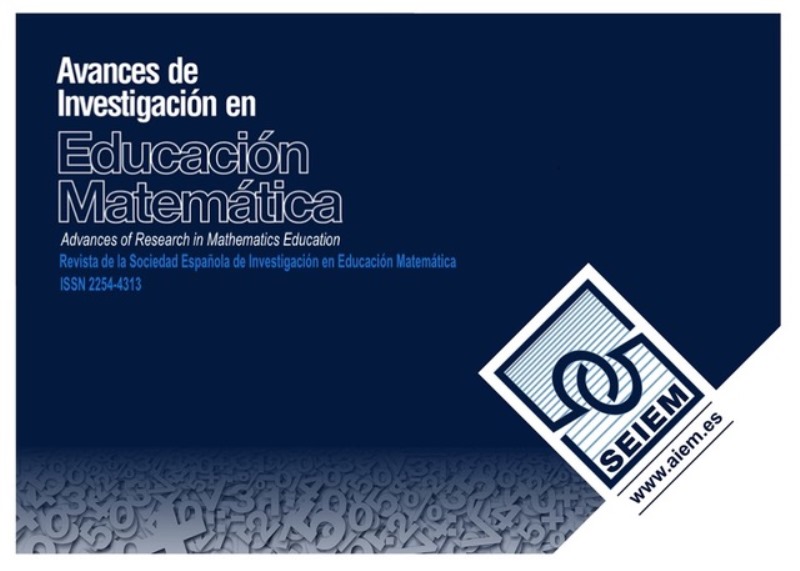Teachers’ use of language in multilingual mathematics classrooms during trouble-spots
DOI:
https://doi.org/10.35763/aiem.v0i19.405Keywords:
Teacher-learner interaction, classroom teacher talk, trouble-spot, language, multilingual classroomsAbstract
Mathematics teaching in a foreign language may lead to discrimination for some learners specifically during trouble-spots that require the construction of shared-nderstanding. This research compares teacher-learner interaction in two classrooms of Lebanon where mathematics is taught in a foreign language. Eighteen lessons were recorded and transcribed, and utterances of teacher and learners were coded at the levels of: school; session; interlocutor; language use; move and function. Quantitative analysis of language use and qualitative illustrations of representative sequences are reported. The triadic dialogue as the dominant mode of interaction and the multilingual nature of language were found unique aspects of classroom teacher talk. Differences in the roles of language as a resource for meaning-making were also identified. Findings are discussed within sociocultural and ethnomethodological views of language as a medium to achieve mathematics teaching and learning.
Downloads
Downloads
Published
How to Cite
Issue
Section
License
The articles published in this journal are under a license Creative Commons: By 4.0 España from number 21 (2022).
Authors who publish with this journal agree to the following terms:
- Authors retain copyright and keep the acknowledgement of authorship.
- The texts published in this journal are – unless indicated otherwise – covered by the Creative Commons Attribution 4.0 international licence. You may copy, distribute, transmit and adapt the work, provided you attribute it (authorship, journal name, publisher) in the manner specified by the author(s) or licensor(s). The full text of the licence can be consulted here: http://creativecommons.org/licenses/by-nc/4.0.
- Authors are able to enter into separate, additional contractual arrangements for the non-exclusive distribution of the journal's published version of the work (e.g., post it to an institutional repository or publish it in a book), with an acknowledgement of its initial publication in this journal.
- Authors are permitted and encouraged to post their work online (e.g., in institutional repositories or on their website) prior to and during the submission process, as it can lead to productive exchanges, as well as earlier and greater citation of published work (See The Effect of Open Access).









